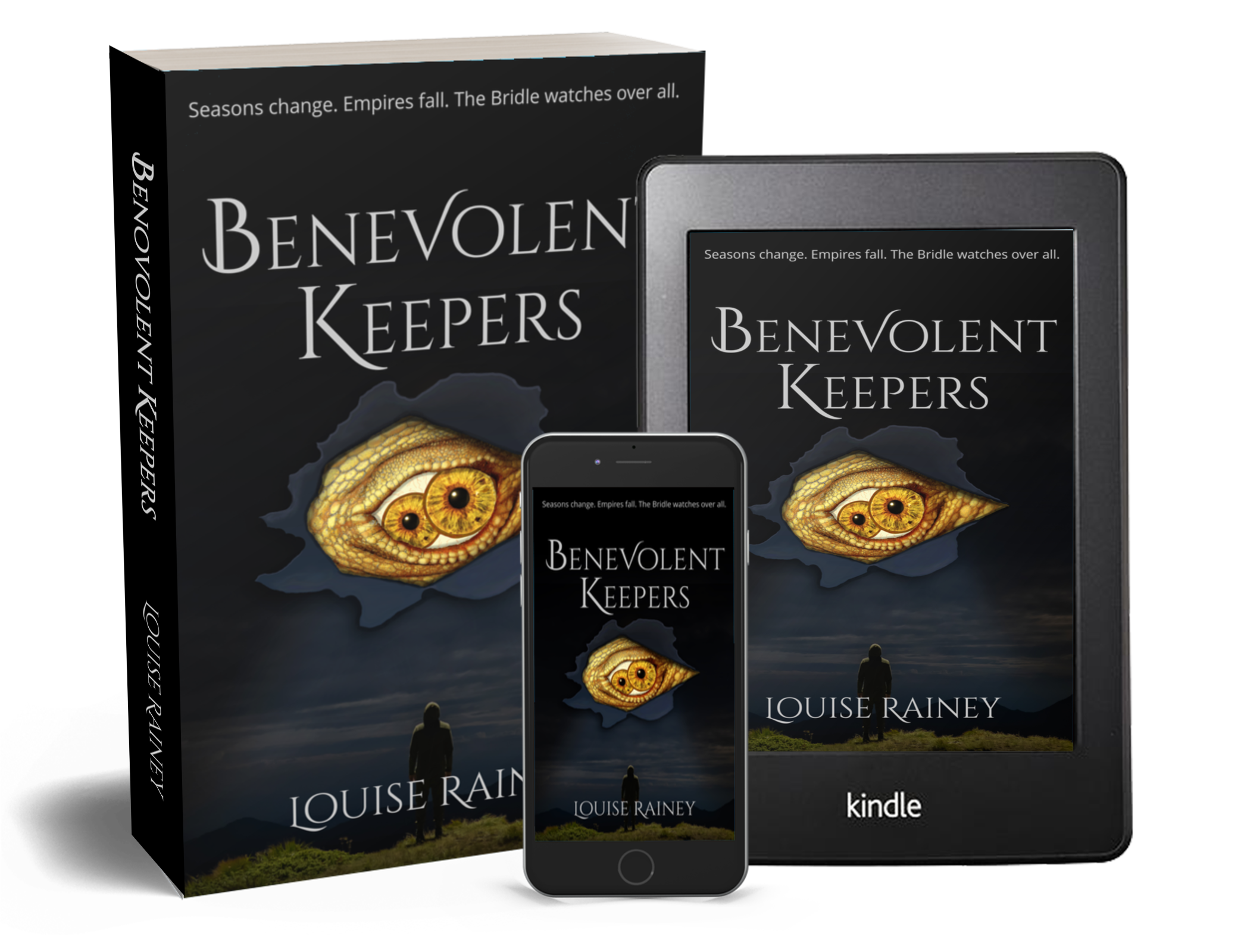Congratulations! You’ve finished your novel. Hopefully, you’ve also completed a round of revising and editing. Your manuscript is as awesome as you can make it on your own. Take this moment to pay yourself on the back and nibble on some celebratory chocolate. The good kind you’ve been saving for a special occasion.
Note: If you aren’t the type to save expensive chocolate for a rainy day, this really isn’t the website for you. If you aren’t a chocolate fan at all, I’m sorry. I’m so sorry. Everyone has their personal demons, and I’m afraid yours are worse than most.
Now that you’ve reached this milestone, you are on to the most heartbreaking stage of publishing. Yes, that’s correct. It’s time to Let Others Read Your Baby.
The Let Others Read Your Baby stage, or LORYB (pronounced phonetically) is massively important. All manuscripts have problems, even Your Baby. Beta readers are the people who deliver feedback before the manuscript goes to print. A good team of beta readers will help you perfect your novel.
Unfortunately, this isn’t always a smooth, easy process.
We’ve all been there. You finish your second or third draft, and you need someone to read the gargantuan manuscript. Unfortunately, your loved ones run at the mere sight of you and your binder of pages. As a published author, I’m here to reveal the secret to finding beta readers.
First, you’re probably approaching this all wrong. Few people are particularly excited to give feedback on an unpublished novel. It can be a lot of work, and they have no guarantee of enjoyment. Perhaps it isn’t their preferred genre. It could be confusing, overly dense, or sluggishly paced. Maybe they just won’t like your writing style. Your beta reader could face any or all of these problems.
Their caution in agreeing to read your manuscript isn’t a reflection of your writing ability. The truth is, they don’t know whether it will be the best book they’ve ever read, the worst, or something in between. If it is terrible, they have a duty to tell you the truth, which could damage your relationship. Much like a bridal party, beta reading can cement a burgeoning friendship or destroy a long-standing bond.
A lot of experts suggest beta readers should be unrelated to the author to ensure honest feedback. For most of us, that’s impractical. We don’t have the money to hire beta readers or the fame to find volunteers. Instead, we have to get creative.
Beta readers are like bridesmaids. They agree to a massive time investment out of a sense of obligation, personal affection, and naïve optimism. With these central tenants in mind, you can find plenty of beta readers.
1. Seek out your family first.
Like bridesmaids, sisters, cousins, and best friends who call your grandmother ‘granma’ expect first dibs. They put in all the effort of listening to you complain about break ups and bad managers, so they expect the glory of being the first to read the next book on the New York Times Bestseller list. Even if they plan on refusing, you still have to ask.
Family isn’t always the best judge of your writing. They may be too critical, too forgiving, or just too unaccustomed to novels. Not everyone will like your genre, or even your medium. If I had a friend who only read contemporary, literary fiction, I’d never encourage them to ride my novel, ‘Benevolent Keepers.’ The conventions and staples used in the fantasy/science fiction genre are too different from literary fiction. What is problematic in one genre may be mandated in another.
2. Go beyond the family tree.
After exhausting your family tree and contact list, you’ll need to search for more victims Much like a bride in need of people to fill out the bridal party, you’ll need to build new connections. Search libraries, coffee shops, and bookstores for avid readers with a compulsive need to correct other people. Bonus points if they’re people pleasers.
This step can be tricky. Try to seem casual. If people clutch their wallets closer, you should probably find a new coffee shop before the barista calls the cops.
3. Befriend them. Don’t take no for an answer!
Remember, most people have a few empty friend slots. Our society is filled with lonely people. If cultists can take advantage of that fact, you can too!
4. Broach the subject of beta reading.
It’s an honor. You only trust a select few friends for this delicate task. You have sooooo many options, so you’re deliberating over the best options.
5. Ask them to beta-read your latest work, but first make a huge speech about how much you love them.
Look up proposal videos for suggestions. Compliment the amazing qualities that make your new besties perfect for this role. Remember, they can’t refuse if they feel guilty!
6. After they agree, stay in touch.
Ask them what they think. Every day. Don’t be afraid to lay on a guilt trip.
7. When your exhausted beta reader finishes the manuscript, thank them for their time and ask them to keep their calendar clear.
Sure, they’ve just slogged through 150,000 words of a rambling, grammatically unsound story, but it’s a marathon, not a race! You’ll have another book for them in a few years.
8. Take their suggestions to heart.
Correct everything, then give it back to them. Remember, it’s an honor.
A decent bride always acknowledges her bridesmaids, so you’d better make your gratitude known. Name your beta readers in the acknowledgements.
After a lot of time spent befriending vulnerable readers, you still might not have enough beta readers. Some people are satisfied with only two, while others need twenty to feel confident in moving to the next stage. A few successful authors, like Brandon Sanderson, claim to have upwards of fifty beta readers. Don’t despair. Join writing groups and haunt your local library. Persistence is key.
Alternatively, you can kidnap someone. I suggest scoping out your local craft stores, as the patrons tend to be a little nerdy. If all else fails, check out your local assisted living facility. These people are coherent enough to critique your manuscript, but confused enough to miss the fact that you’re not their driver.
If you still fall short after trying all these strategies, you might need to find beta readers online.
Author: Louise Rainey
Louise Rainey is an author and apocalypse enthusiast. Although she primarily writes in the fantasy and science fiction genres, she’s been preparing for a myriad of untimely disasters since childhood. It’s possible she might’ve read a few too many survivalist books at an impressionable age. Regardless, she’s ready to rock n’ roll at the first sign of zombies, and a Yellowstone eruption will never take her by surprise. When she’s not preparing for the demise of her Texas home, she’s baking, listening to the same song on repeat, or playing with her gorgeous cat, Robin and her monster-dog Percy.
Louise has a degree in psychology and neuroscience and an unofficial doctorate in Random Ridiculous Knowledge. As a child, she won several writing contests, and she’s been trying to top her blue ribbon at the state fair ever since. Her latest published books include Benevolent Keepers and The Frog Eater.
MAKE THE ULTIMATE CONNECTION!
Subscribe now and receive EXCLUSIVE content before anyone else sees it!








